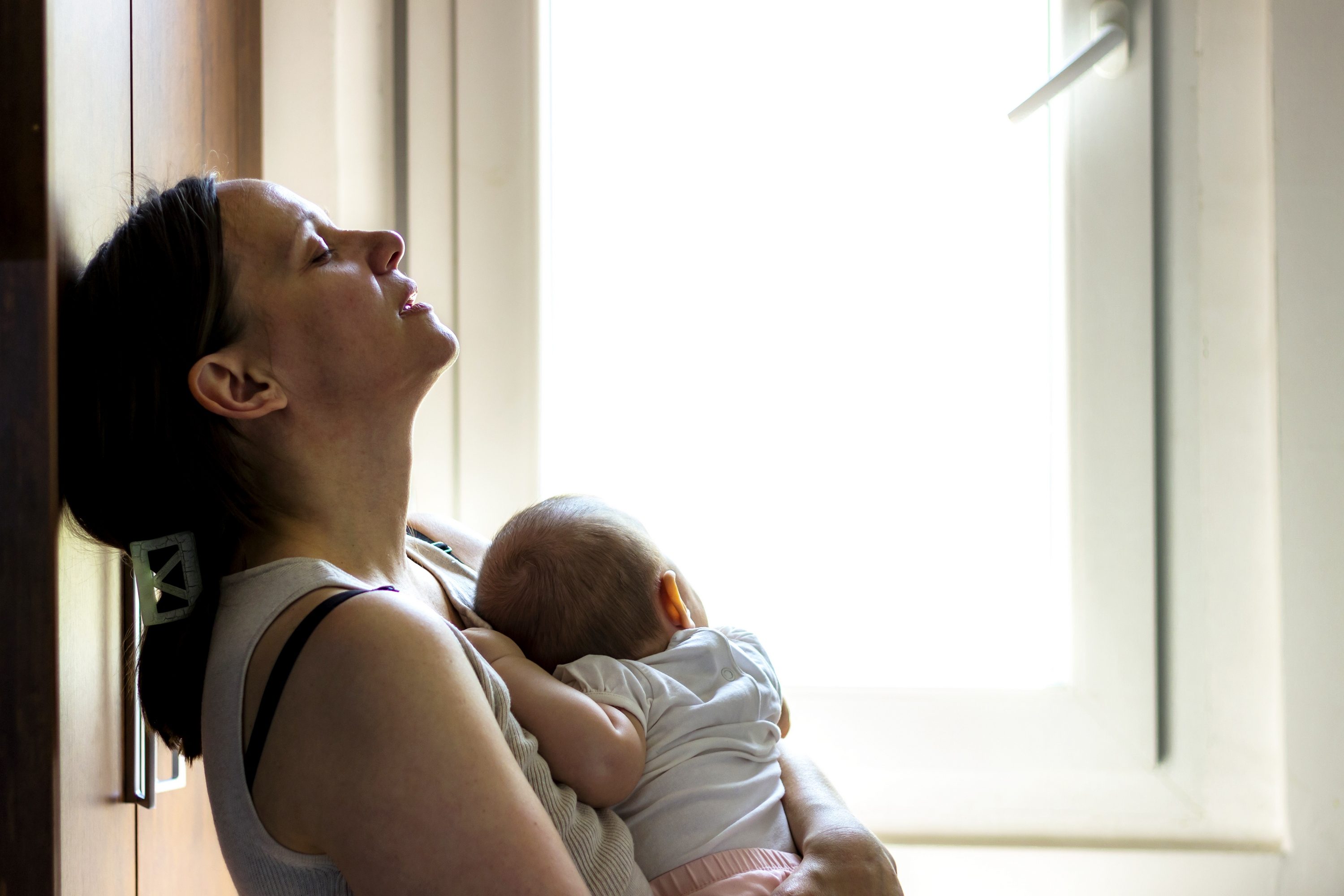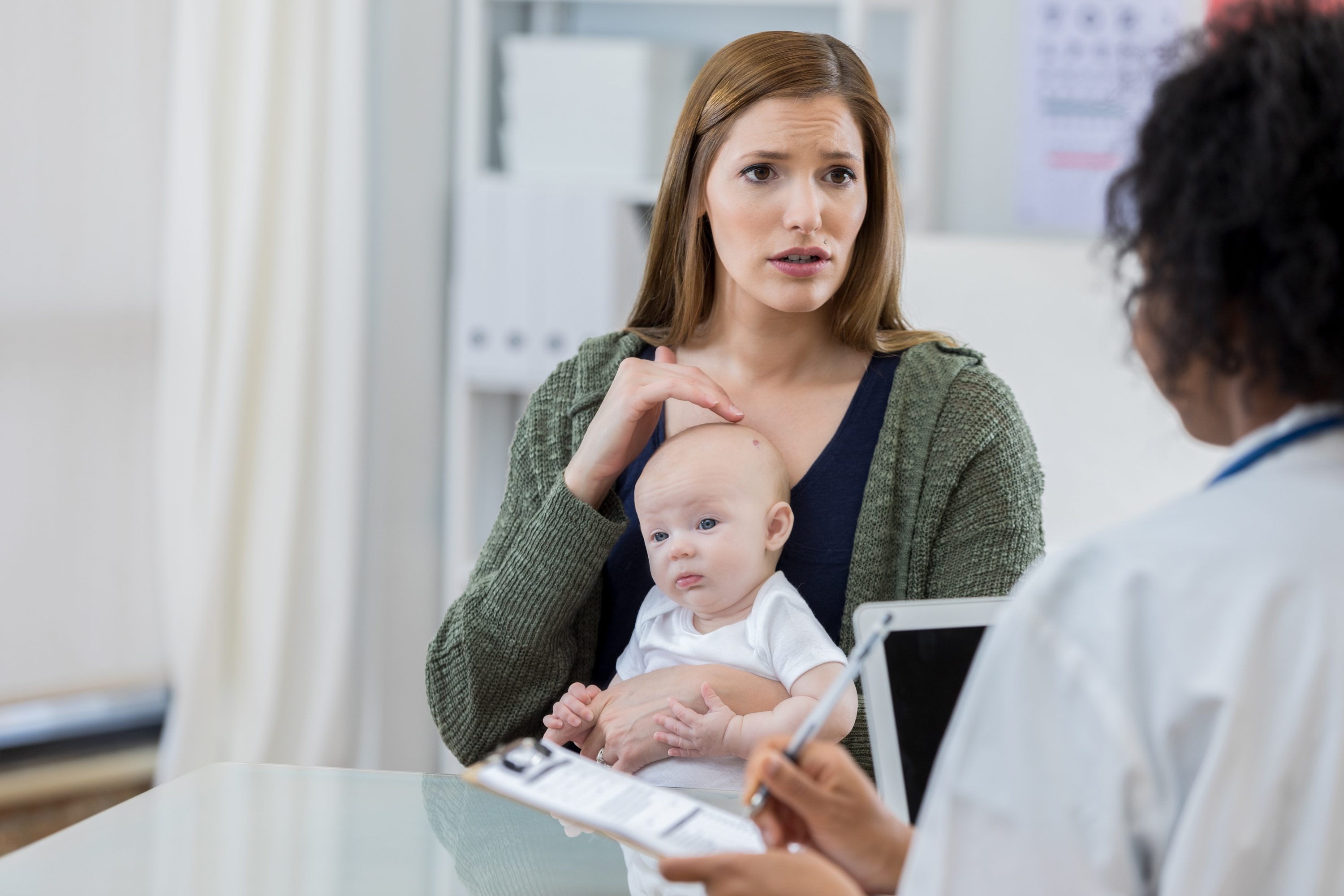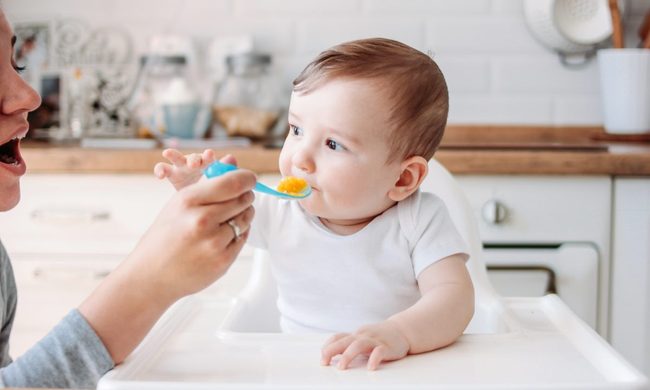Being pregnant and planning for a baby is typically a joyful time in a woman’s life. It can be frustrating and scary when those feelings of excitement and happiness disappear after childbirth, leaving a new mom struggling with postpartum depression. Many women experience feelings of sadness, loneliness, and desperation after having a baby, and although they may feel guilty and confused by these emotions, they’re not alone. Postpartum depression is a very real condition that affects more women than you may think. But how long does postpartum depression last? What causes it? There is a lot to unpack.
While postpartum depression has been dismissed by many in the past as simply a normal case of ‘baby blues,’ it has more recently been recognized as a serious medical issue that is not to be taken lightly. Studies show as many as 1 in 10 new mothers are estimated to suffer from postpartum depression. The good news is as more women begin to open up about their own experiences, they are helping to eliminate the many negative stigmas surrounding this severe condition.

What is postpartum depression?
While feelings of sadness, fatigue, and anxiety are common among women after giving birth, they typically go away within one to two weeks. For some women, not only do these feelings not go away but they tend to get worse, transforming into what we know as postpartum depression. Postpartum depression is when those feelings of intense emotion, fatigue, anxiety, sadness, irritability, and defeat simply won’t go away after having a baby. This can often affect a woman’s ability to function and care for herself and her child while leaving her feeling inadequate and lonely.
What are the symptoms of postpartum depression?
For many new moms, it can be hard to determine whether they are suffering from a case of the baby blues or something more serious. It’s so common for new mothers to feel many different emotions after giving birth. Sleep deprivation, hormone fluctuations, stress, and adjusting to having a new baby in the house can all contribute to mood swings and feelings of anxiety for all new moms. But how do you know when what you’re feeling may be more than the typical ‘baby blues?’ According to the CDC, there are some symptoms to look out for if you’re concerned that you may be suffering from postpartum depression;
- Crying more often than usual.
- Feelings of anger.
- Withdrawing from loved ones.
- Feeling numb or disconnected from your baby.
- Worrying that you will hurt the baby.
- Feeling guilty about not being a good mom or doubting your ability to care for the baby.
The Mayo Clinic writes that women who suffer from the baby blues may experience the following symptoms and that they typically go away within a couple of weeks at most;
- Mood swings
- Anxiety
- Sadness
- Irritability
- Feeling overwhelmed
- Crying
- Reduced concentration
- Appetite problems
- Trouble sleeping
What should moms do if they have it?
The good news is that while postpartum depression can feel completely debilitating, it’s incredibly treatable. The most important thing you can do if you feel you may be suffering from postpartum depression is to seek medical advice. Being completely open and honest with your doctor or another medical professional is crucial in getting help, especially if your symptoms are affecting how you care for yourself and your baby. Postpartum depression can be treated in a number of ways, including many at home. For some new mothers, simply having more help around the house, both physically and mentally can help treat postpartum depression.
Having a new baby is a stressful time for everyone, but especially the new mom. A new baby means loss of sleep and possibly feelings of failure, especially if there are other children in the household. New mothers can feel overwhelmed by all their obligations once a new baby is in the mix. Having extra help to aid in otherwise routine tasks like housework, childminding, and caring for the baby takes a lot of stress off new mothers who are constantly battling the feelings of trying to ‘do it all.’ It can be difficult to ask for help, but it can be crucial for the mental health of any new mother to know that they can take some time to rest and recover when needed.

Therapy with a licensed care provider is another way women can help alleviate their symptoms of postpartum depression. By sharing their fears and concerns with a professional, together, they can come up with various coping strategies to deal with their depression. So many therapists and other mental health professionals are now doing virtual visits it’s easier now more than ever to get support and help while at home.
If getting extra help at home or therapy isn’t working, medication is also an option. Most women suffering from postpartum depression who require medication are prescribed antidepressants by their doctor, which is why it’s important to see a medical professional or ask your doctor for a referral to a mental health specialist if you’re concerned.
How long does postpartum depression last?
Although studies have been done on postpartum depression and how long it can affect women, there is no definitive answer to that question. A study in the Harvard Review of Psychiatry suggests that for many women, these symptoms subside anywhere between 3 and 6 months postpartum. However, some women report suffering up to one year and beyond postpartum. There are many factors that can affect how long one will suffer, including whether or not one has sought professional help.
Thanks to celebrities like Reese Witherspoon, Chrissy Teigen, and Cardi B, who have all helped raise awareness of PPD by publicly sharing their experience, more and more women are seeking help when they need it. As a result, so many women are realizing just how common and normal it is to be experiencing what they’re feeling, and there’s no shame in seeking help. If you think you may be suffering from postpartum depression, reach out to a medical professional to discuss treatment options that will work best for you.




